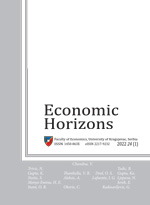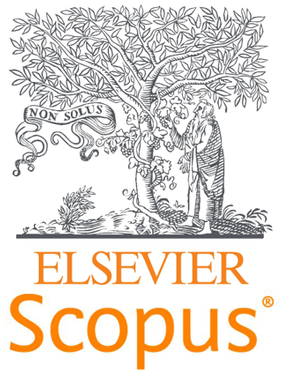SUCCESS FACTORS, TOOLS AND CONTROLLERS’ TASKS IN CONDITIONS OF INTENSIVE DIGITALIZATION
Mirjana Todorovic and Dragana Parc
Faculty of Economics, University of Kragujevac, Kragujevac, The Republic of Serbia
The main goal set by this paper is to identify the position of controlling and controllers in the practice of companies operating in the Republic of Serbia in the conditions of intensive digitalization. This research study is focused on understanding and the critical success factors of controlling, tools and the controller’s tasks. The research study was conducted on a sample of 35 companies, and the respondents were employed in various controlling positions. In methodological terms, the analysis of the collected data included descriptive statistics, measuring the reliability and internal consistency of the variables (Cronbach’s alpha coefficient) and conducting a nonparametric test (Mann-Whitney’s U test). The results of the research study show that controlling is understood as multidimensional, most often professional support to management; that the controlling key success factor is the controller’s expertise and competence; that the most important controlling tools are the budget, variance analysis and the short-term calculation of the results, and finally that one of the controller’s basic tasks is reporting to management. The nonparametric test enabled the identification of statistically significant differences in the respondents’ attitudes.
Keywords: controlling, management accounting, controller, digitalization
JEL Classification: M41, M49




